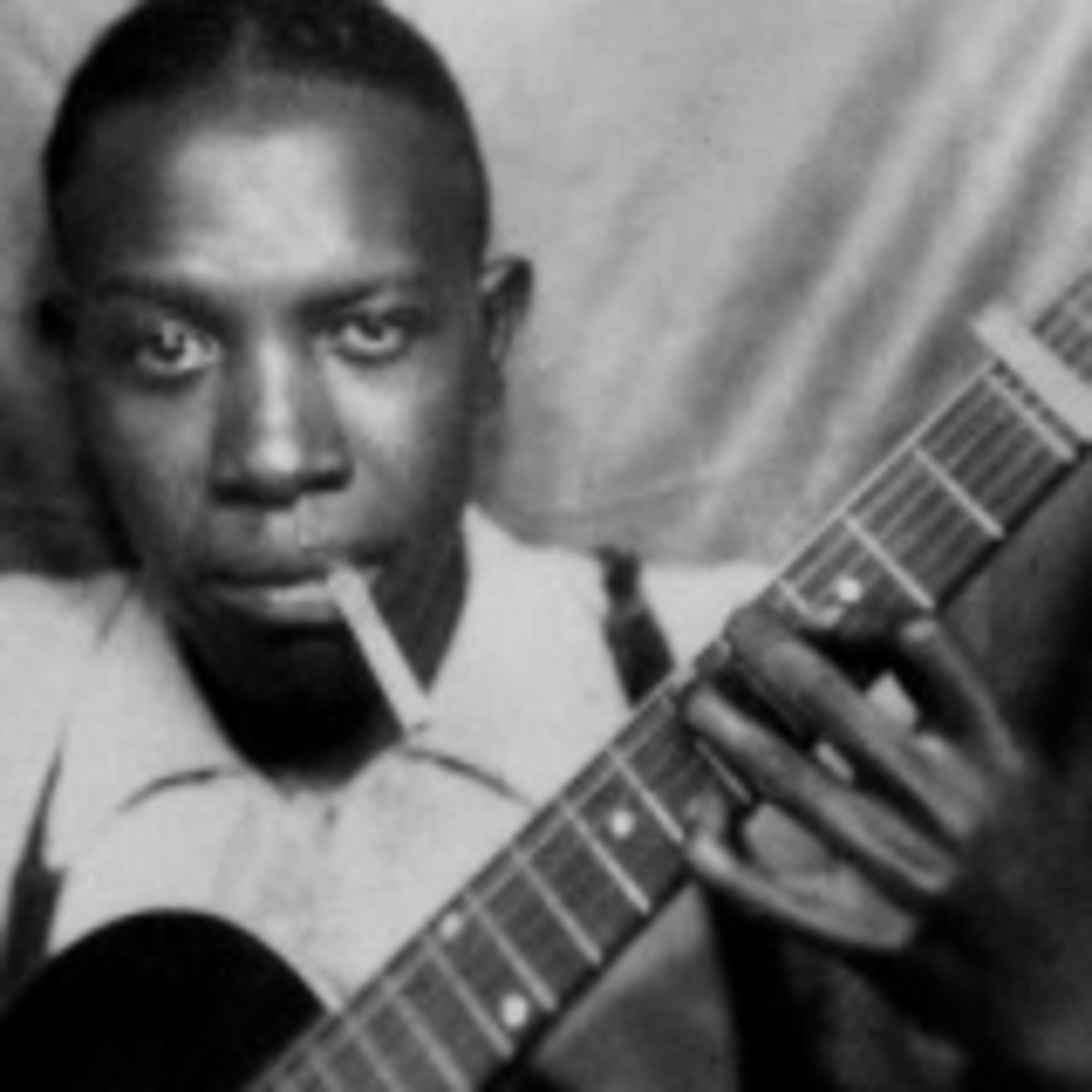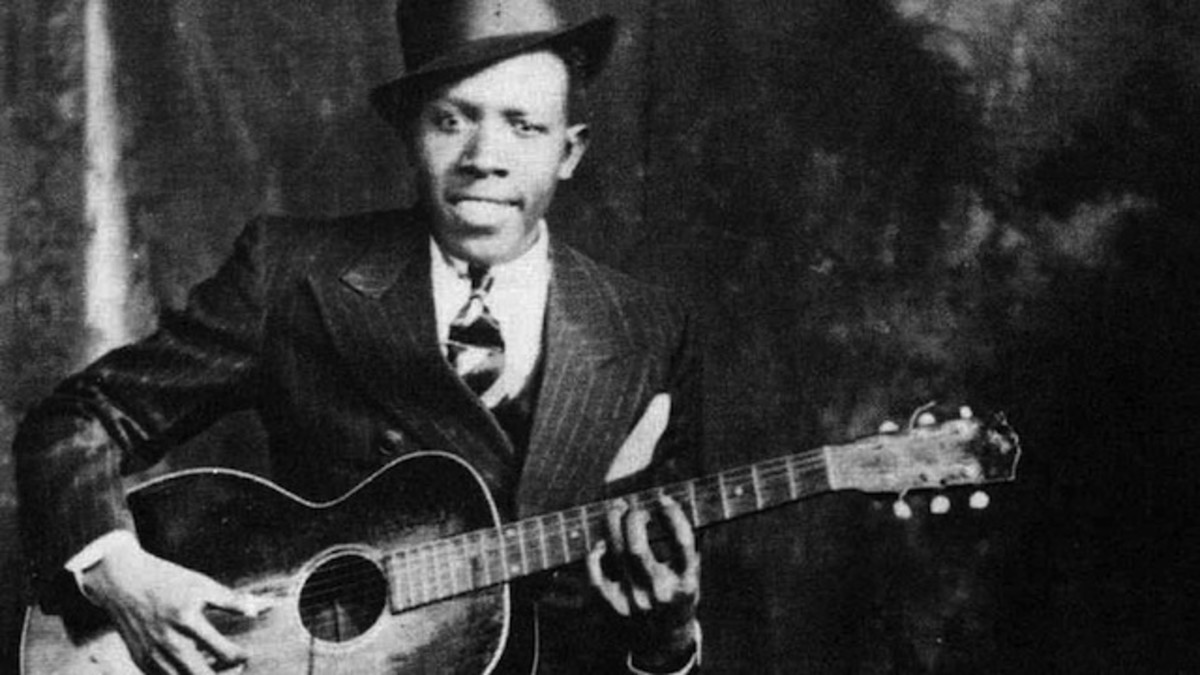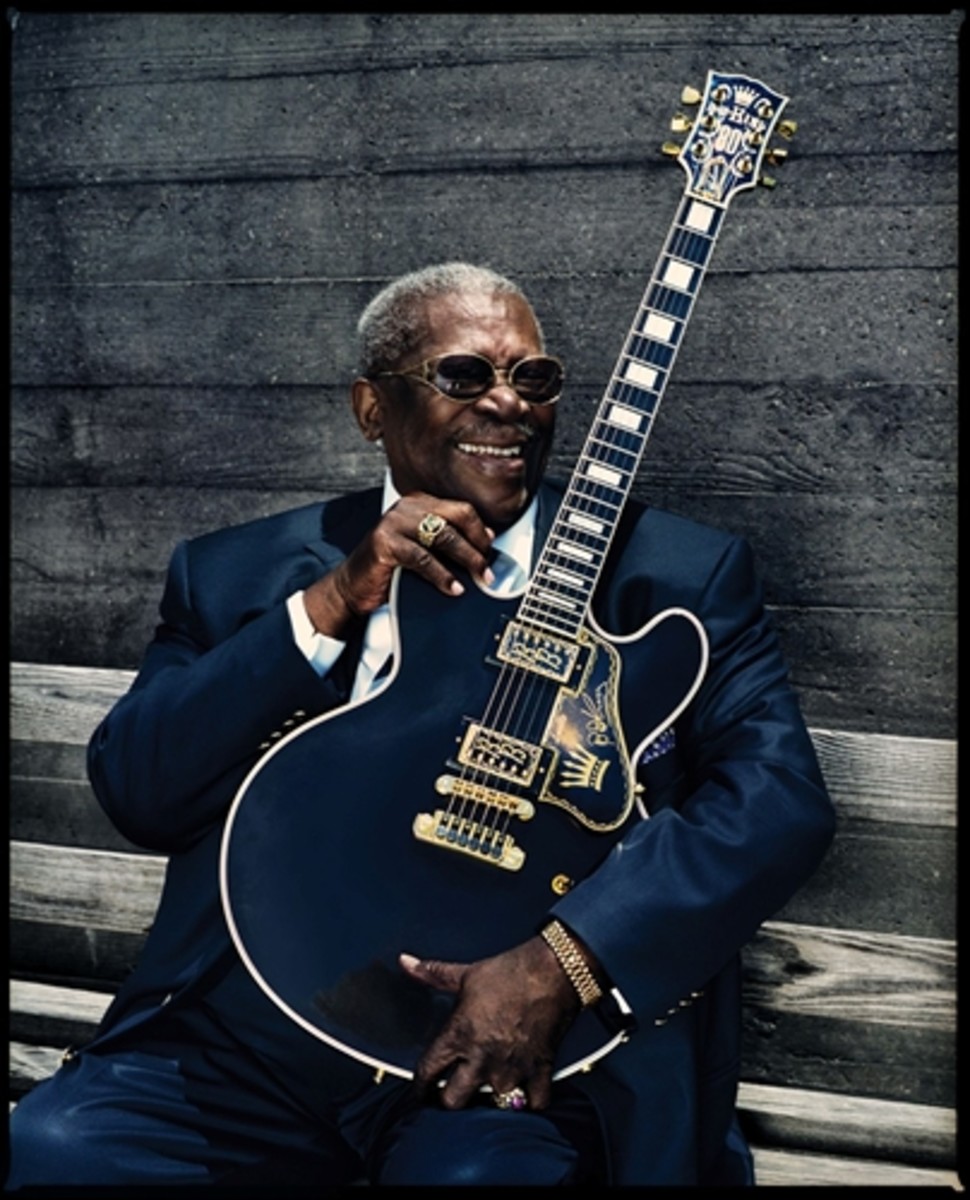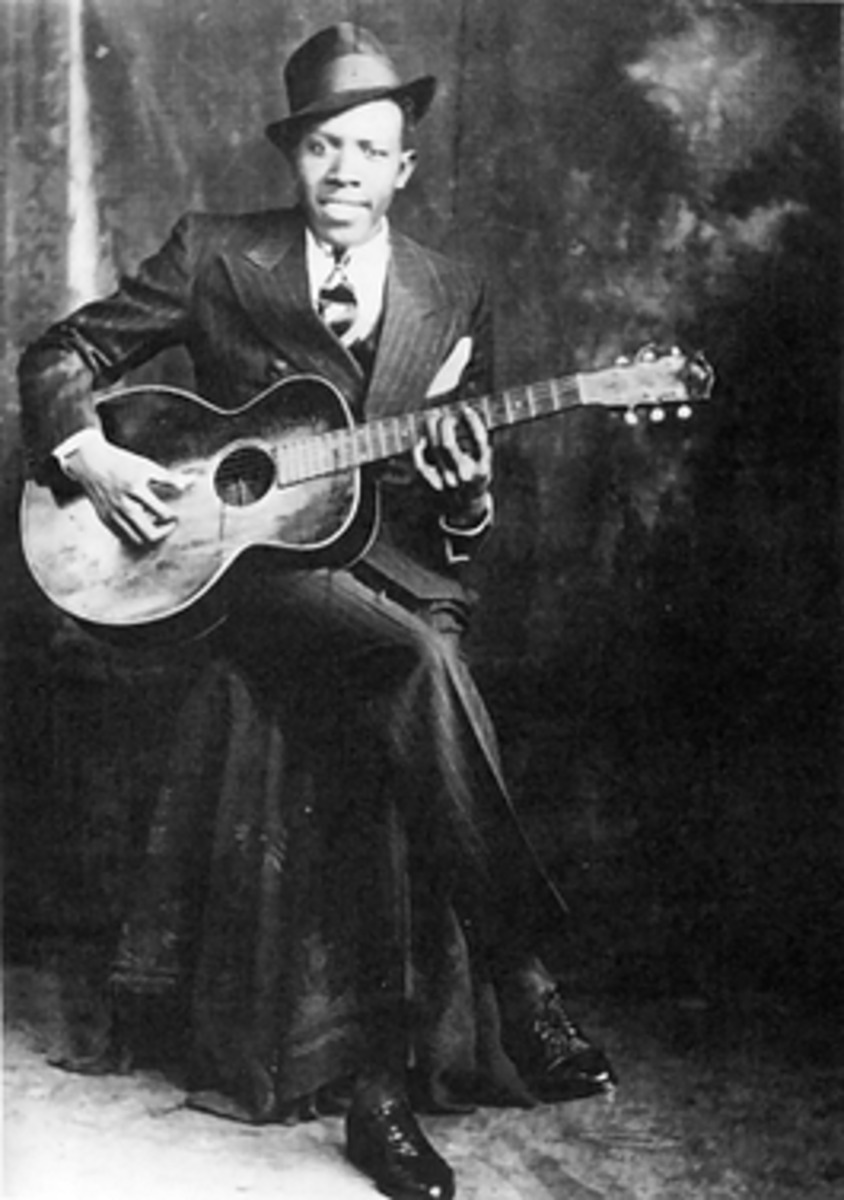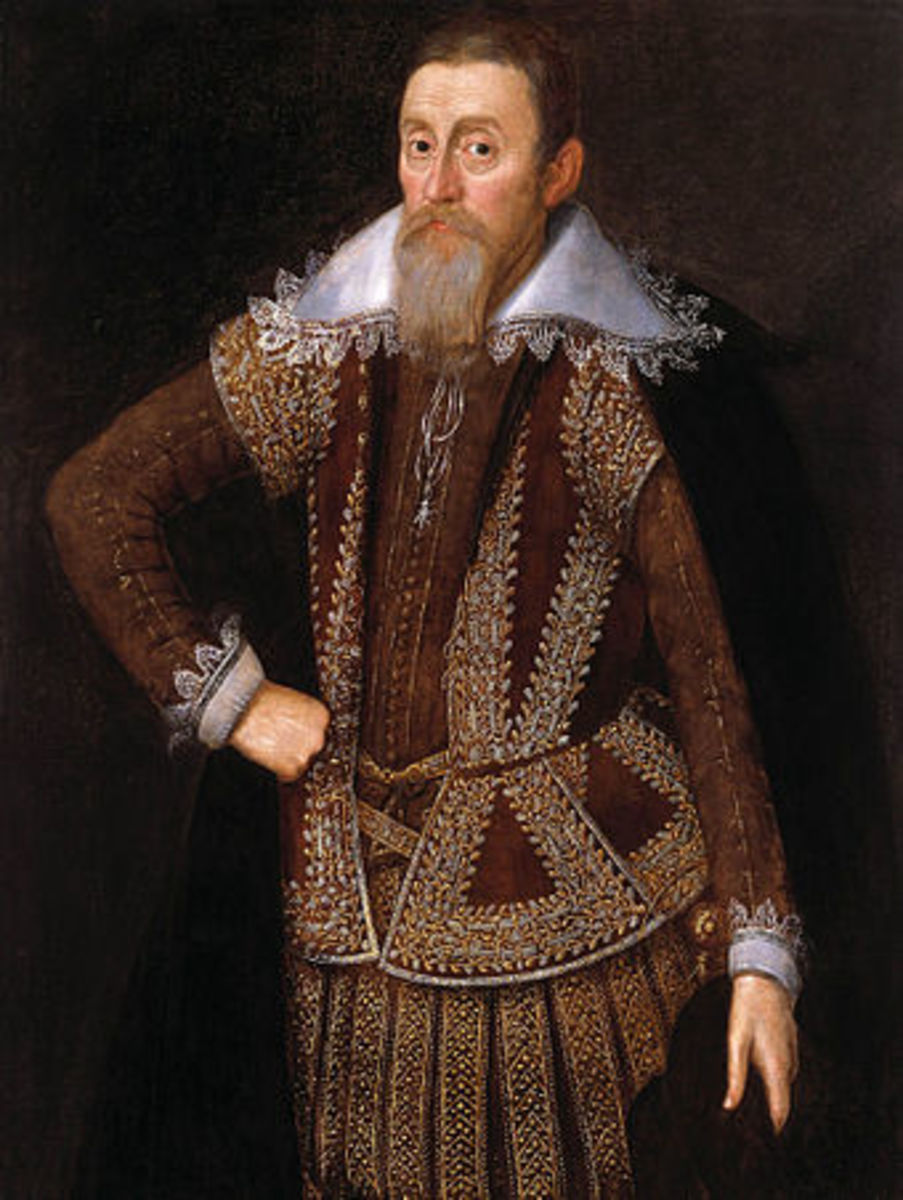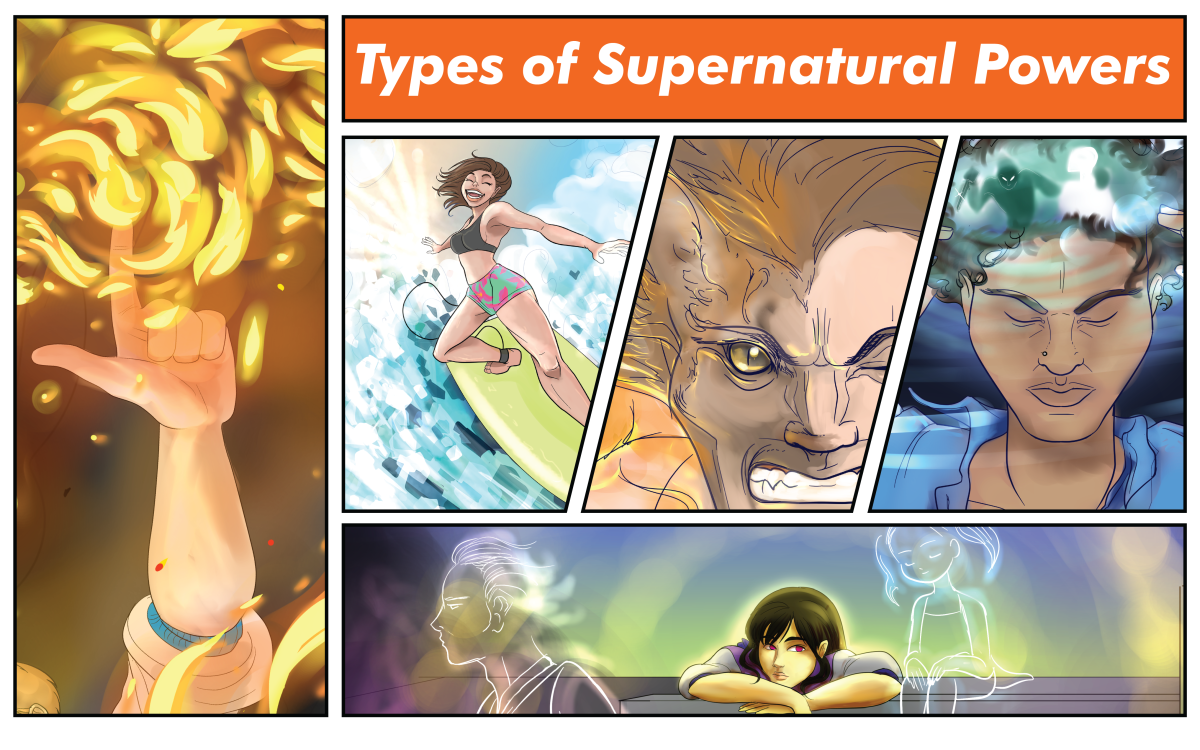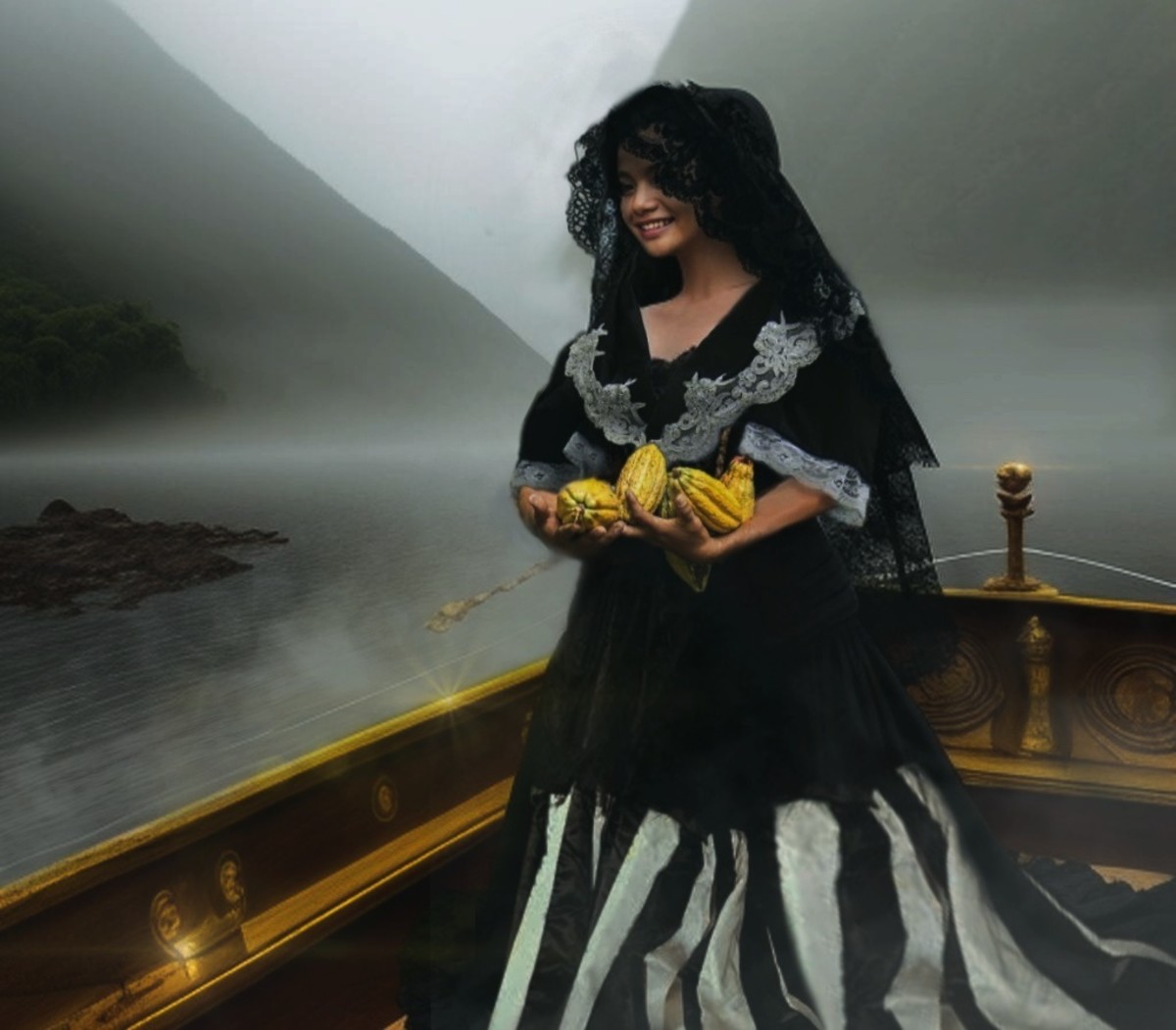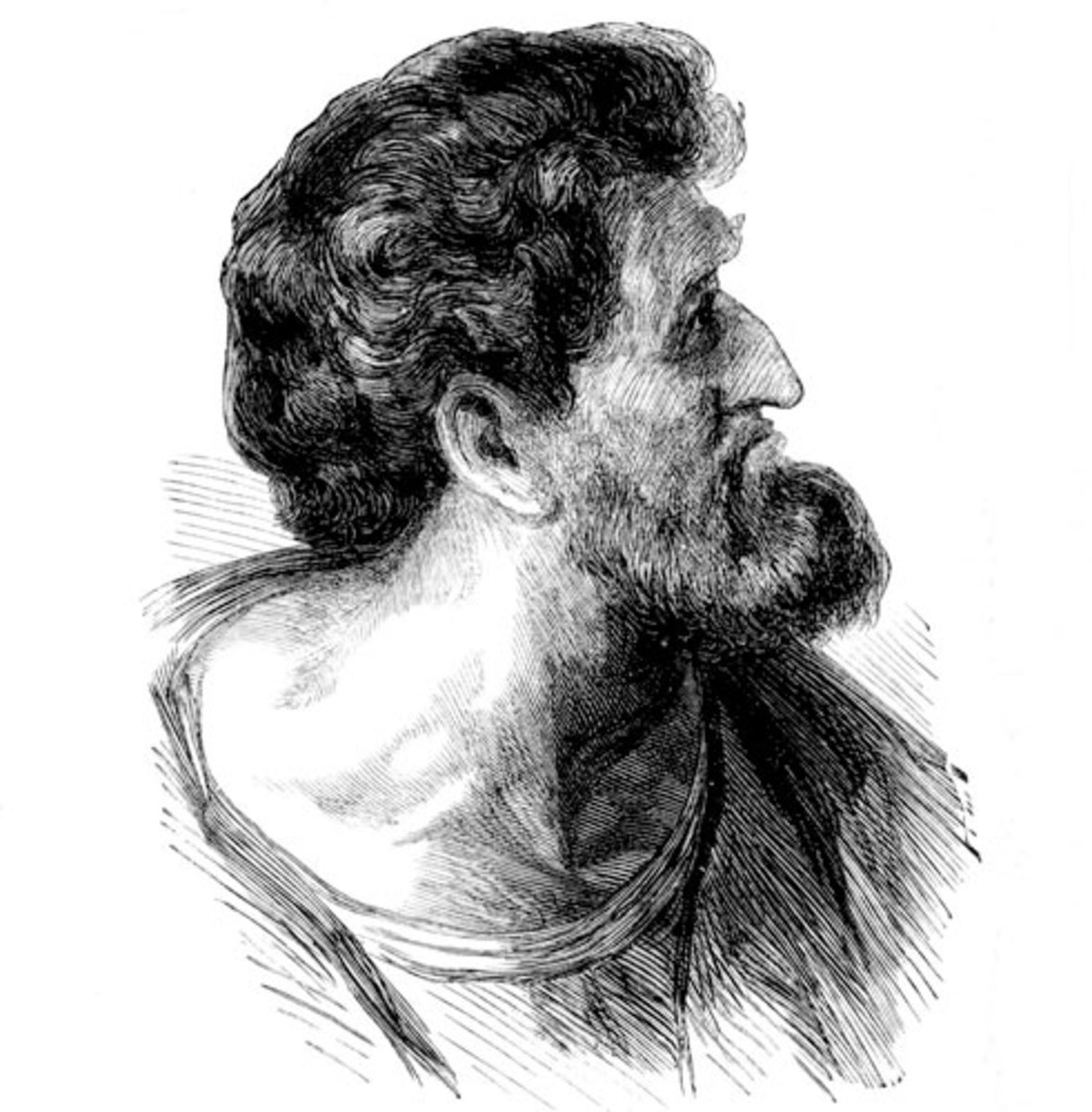Devil On My Trail. The tragic life of Robert Johnson
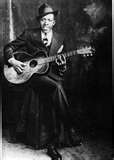
I came to know Robert Johnson
As a child the only thing I really knew about Robert Johnson was what I could catch in the film "Crossroads" .(1986) I had heard the legend of the young man who ventured to the crossroads to strike up a deal with the devil. His immortal soul for the ability to create timeless music that would live on long after his life had ended. I can remember being entranced by the duel between Jack Butler, played by Steve Vai and Eugene Martone, played by the karate kid himself Ralph Macchio. I took great pleasure in the harmonica leads and subtle lessons on the blues itself. Looking back I think what I remembered most about the film was the quote made by Willie Brown to Eugene just after his girl left him. He said, "Eugene, blues ain't nothing but a good man feeling bad."
Those words would always linger in my mind for several years. Eventually I would develop a passion for the blues music in my teen years. I had been playing bass for a jazz ensemble when I started listening to old LPs hoping to catch a sound I could use. I was just trying to become the best bassist I could. It was this time my little brother Mike, who is in his own right quite the accomplished drummer, lent me a CD set of Robert Johnson's recordings. Instantly I flashed back to the story I remembered from the film. Mike said there was no bass playing, but the melodies were haunting and it may inspire me a little. I spent the night listening to those chilling melodies and those words that cried out for something. All it took was one verse, one simple verse and I was lost in his sorrow.
"I went down to the crossroads
fell down on my knees
I went down to the crossroads
fell down on my knees
asked the Lord above have mercy
save poor Bob if you please"
I was hooked, and drug into a world that I had to learn more about. The Crossroad Blues had moved me deeply. I needed to know more about this man whose heart was bleeding on these songs. I needed to know what troubled this young man so much that his soul cried out in agony. What I would discover through the desire to know more was the story of a man who lead a life as strange as the eerie lyrics in his songs. I would encounter a story that would rival even the greatest folk lore tale. What I would discover is the tragedy of the life led by bluesman Robert Johnson.

The life of Robert Johnson
Born on May 8th 1911 in Hazelhurst, MS to Julia Dodd, and Noah Johnson. Robert would never come to know his father. The state of the south in those days was anything but hospitable to the working man, yet alone the working woman, but Robert's mother did a good job of raising him. They would have to travel a lot to find work and at first the travel was hard on young Robert who really did not care for it. Soon, however, he would come to know it has the only way of life. It was during these travels that he was introduced to the blues. In particular the delta blues, with it's hair raising lyrics and deep rooted melodic sounds Robert found comfort.
Eventually Robert would join the work force for himself. He found a job on a plantation just outside Robinsonville, MS picking cotton. Robert would continue to use music as a means to escape the difficulties of the life he had been living. Work and music would share a place with his true passion, a young girl named Virginia Travis. Virginia was a childhood sweetheart of Robert's. They would eventually get married and soon thereafter would be eagerly awaiting the arrival of their first child.
In April of 1930 while giving birth both Virginia and Robert;s unborn child would depart from this world. Robert had only been married a little over a year and now his family was lost. This sent him spiraling down a path that would ultimately lead to the decision that would forever mar the legacy of the man known as Robert Johnson. This would also be the key point in which Robert devoted his life to his music.
Robert's next move would be the road. He often found himself traveling. He would compose music with ominous melodies and chilling lyrics. Often he would find himself sitting on old tombstones in some random graveyard playing with his friend Willie Brown. Despite what some might say Willie was not a harmonica player, but a guitar player just like Robert. For hours the two would sit and play while sipping moonshine out of an old mason jar. Robert was good, but his desire was to be great. He wanted to be the best.
Despite his achievements in music he still felt he was never good enough. He had played with the likes of Charlie Patton and Sonny Boy Williamson, but still he felt inferior. He had built up a moderate reputation in juke joints and blues houses throughout the south but in his own mind he failed to accomplish anything. He always felt he was one step below the greats and he only knew of one way to fix that problem, a remedy that would cost him so much more than he ever could imagine.
Hubber Resources
- Robert Johnson: the Legend, the Devil, the Crossroad...
Story of the bluesman, the Devil, and the deal at the crossroads, as retold in Stephen Davis's Hammer of the Gods. In the delta of the Mississippi River, where Robert Johnson was born, they said that if an aspiring bluesman waited by the side... - Standing At The Crossroads...a poem
Often we arrive at crossroads in our lives and uncertainty floods into our minds, making it difficult to choose the right path. - Simple Magick Series: Crossroads Magic & Legends
In this installment of the Simple Magick Series, we will look into why crossroads magic is so powerful and simple to use. We will also learn some crossroads legends and which spirits and gods can be found at the crossroads.
Went down to the crossroads
Some say it was Robert's self hating of his own ability that led him to those crossroads on highways 61 and 49 in Clarksdale, MS. Others say it was the resentment he held in his heart for God, after God took his family from him. There are even those who say it was all lies made up by rival players to discredit Robert's reputation. As the story goes it was midnight and there Robert stood at the crossroads, guitar in hand. He called out to "Old Scratch" the devil himself. From the fires of hell itself the devil appeared and a deal was struck that would forever seal Robert in the annals of history. As the devil tuned poor Robert's guitar he reminded him of their oath, skill on the guitar for his soul. What had been a sorrowful life would only grow worse.
Those familiar with the delta style Robert had been gaining attention for quickly noticed a different player after that night. The guitar suddenly became a part of him. His fingers whirled about the neck of the instrument creating a bone chilling sound and from the voice of the once timid man came a roaring vocal ability that no one had seen or heard before. It sounded as if there was two or even three guitars playing in unison, but reality was it was just poor Robert. He finally had the skill he had desired his own life, but at what cost.
His voice echoed the pain of a man with nothing left. His playing reflected that of a seasoned vet. Robert would come to meet Don Law, the producer for American Record Company. Law fell in love with Robert's sound. He would pay $10.00 to $15.00 a song for anything Robert could record for him. This was an unheard of amount of money for someone not established in the field yet. Later that year at the Gunter Hotel Robert would begin a session that would last over the days of Nov. 23rd, 26th, and 27th of 1936. Robert would record 17 tracks, most of which were captured in only one take, yet another unheard of act for the young bluesman.
It was during these sessions the hellhounds would begin their pursuit of young Robert Johnson. He would be arrested for vagrancy. While in holding the officers beat him and broke his trusty guitar. It would be Law who would come to Robert's rescue and go the bail money to free him from his aggressors. Despite the situation Robert remained calm and collected and never once let on like it even phased him. Maybe it did and he wanted to look tough, or maybe he just realized his debt had come up.
Shortly after this Robert would record Crossroad Blues and than return to the life on the road. His playing would call out to people. He seldom played a venue that was not packed with people curious to hear the ominous words of the troubled soul of this poor man. His melodies clung to the walls and would fill the very chests of those who cared to listen. Club to club was the only way Robert knew and he played his heart out every night he could. His passion for his music exceeded anything anyone could imagine. He had clung to the last thing he had left.
In the summer of 1937 Robert would return to the studio. He would enter the Brunswick Record Building in Dallas, TX on June 19th and 20th to record 12 more songs. Despite a few outtakes once again Robert had managed to capture most of his music in one take. Law knew right off that he had something here. He saw great potential in the bluesman who would captivate audiences with a style all his own. Sadly that potential would never be fully reached. When you play poker with Satan it is always good to remember that the devil deals the cards.
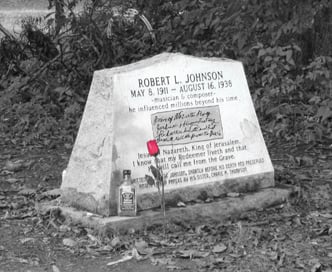
Satan, I believe it's time to go
How exactly Robert's life came to an end is uncertain. Some stories say he was discovered by a jealous husband in the bed with his wife and after a fight Robert was stabbed in the throat by a broken wine bottle. Others claim he died in his sleep after a long night talking about where he was going and where he had been. Yet even more stories state he just simply disappeared one night after a show with several of his closest friends. One story seems to be the most logical of the multitude.
Robert had been drinking with Sonny Boy Williamson one night when he discovered a bottle of whiskey on the table next to them. Sonny Boy warned Robert against drinking from a bottle that he was unsure of but Robert showed no concern and turned the bottle up. Later that night Robert would grow ill. Several days later on August 16th 1938 the tragic life of Robert Johnson would come to a mysterious end. The initial thought is a jealous husband put strychnine in Robert's drink.
Even in death Robert could find no comfort. At least two separate locations claim to house his body. Despite not finding rest he did find the fame he so greatly wanted. In 1986 he was inducted into the Rock and Roll Hall of Fame. On Sept. 1994 a postal stamp would capture Robert's image and immortalize the bluesman forever. Crossroads was not the only movie to use Robert's story. In 2000 the film "O Brother Where Art Thou" used a character named Tommy Johnson, who had gone to the crossroads to sell his soul for the ability to play guitar. No one is certain what really happened on those crossroads but one thing can be clear. If you make a deal with the devil, the hell hounds will always be on your trail. Rest in peace Robert


